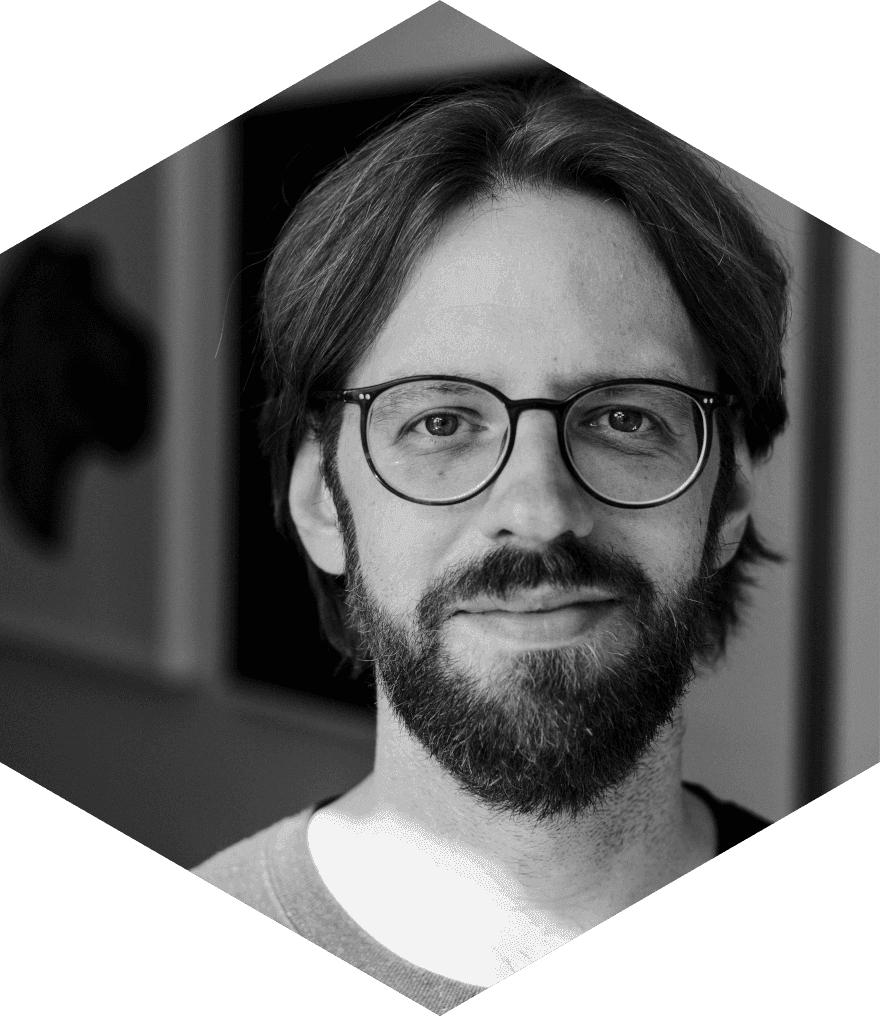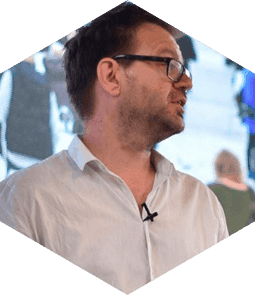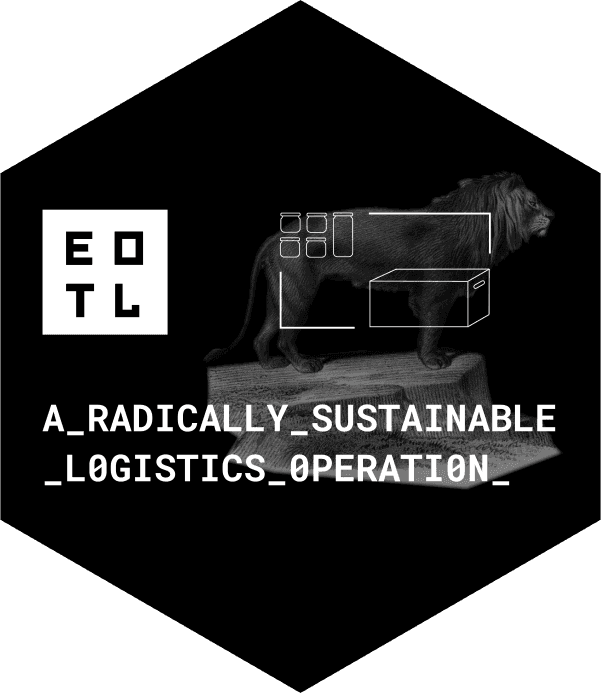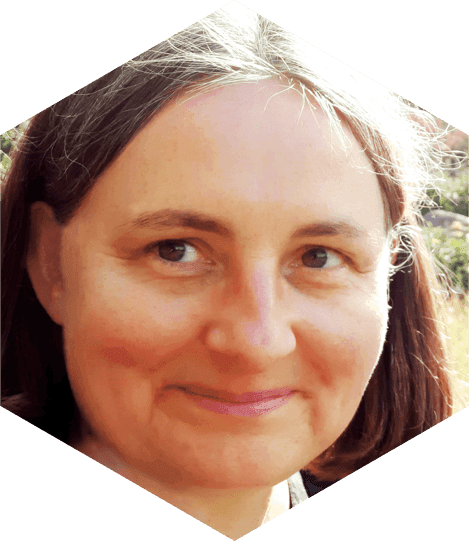Open source harnesses the contributions of multitudes, not just the proprietary ideas of a few companies. It plays a significant role in software development over the past decade from containers to microservices, blockchain and serverless. As we see computing technology and software take on an ever larger role in everyone’s life — from social media, to automation, to the Internet Of Things, to cyber-physical systems, to socio-technical systems. There is vastly more code to maintain than just a few years ago.
Learn more about the role of Open Source Software in the age of platform capitalism.
New code is shared, so anyone can see it, improve it and build their own contributions on top of it. After being dismissed by giants like Microsoft Corp. in the 1990s, this expanding body of work has become the foundation of the internet, smartphones and many software applications. Last year, IBM bought open-source pioneer Red Hat in the biggest software deal in history. Even Microsoft got on board, acquiring GitHub, the largest repository of open-source code.
Join us on Tuesday for a fun evening discussion and learn from experts in the field that hopefully inspire you to create impact!
About the presentations:
- Florian Merz, Mozilla: What’s Your Open Source Strategy?
Two years ago, Mozilla’s Open Innovation team took inspiration from a discussion at the Open Source Leadership Summit around the need for companies invested in open source to be open by design: to ensure their entire open source approach for a project, from governance to tools, is thoughtfully designed to reach that project’s goals and impact.
To help with this challenge, in summer 2018, Mozilla together with Open Tech Strategies published a research report, a “field guide” into open source strategy and project design. This “Open Source Archetypes Report” identified 10 general types of open communities in their strategic contexts.
Florian’s talk will share perspectives to encourage a more systematic approach to open source and how to increase the intent and impact of collaborative technology projects.
- Alistair Alexander, Tactical Tech and The Glass Room: The state of open source.
- End Of The Line: Scaling Radical Sustainability!
- Anna Hoffman, Intense Impact: "The four basic principles of Effectuation" with tips and tricks for their implementation.
How to create impact and success with a small team or alone? How to successfully scale social impact projects with little money and equipment? What does "value creation" mean in the context of open science? The "Effectuation" approach, researched by Professor Saras D. Sarasvathy, is recognized as the most sustainable strategy to make nonprofit projects or social start-ups successful.



